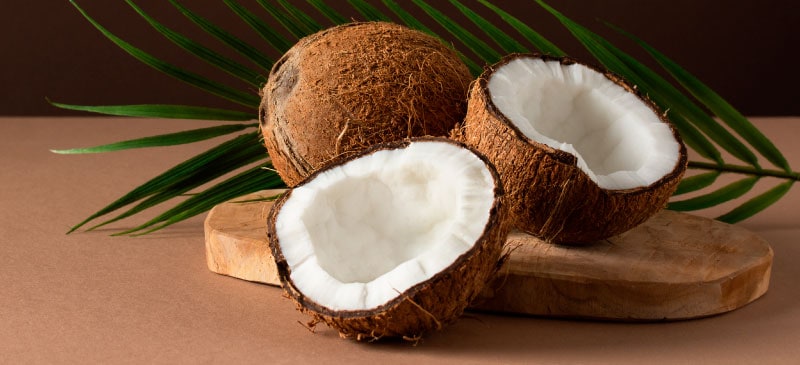Coconut coir, often referred to as coconut soil or coco peat, is a popular alternative to traditional soil or peat moss in gardening and horticulture. It’s made from the fibers extracted from the husk of coconuts and offers several advantages as a growing medium. Here’s a look at whether coconut coir is a good alternative for your gardening needs:
Advantages of Coconut Coir:
- Sustainability: Coconut coir is a renewable resource because it’s derived from the discarded husks of coconuts. This makes it an eco-friendly choice compared to peat moss, which is harvested from peat bogs, a non-renewable resource.
- Excellent Water Retention: Coconut coir can hold water well, making it an effective choice for moisture-loving plants. It retains moisture while still providing good aeration, which helps prevent waterlogged roots.
- pH Neutral: Unlike peat moss, which tends to be acidic, coconut coir is pH neutral. This means it can be used for a wide range of plants without significant adjustments to the soil pH.
- Good Aeration: Coconut coir has good air retention properties, promoting healthy root growth by allowing oxygen to reach plant roots. It also prevents soil compaction.
- Lightweight: Coconut coir is lighter than soil, making it easier to handle and transport. This is particularly useful in container gardening.
- Disease Resistance: It has some natural resistance to diseases and pests, reducing the risk of soil-borne issues.
Considerations:
- Nutrient Content: Coconut coir is generally low in nutrients, so you may need to supplement it with fertilizers or amend it with compost for plants that require higher nutrient levels.
- Initial Salinity: Some coconut coir products may contain salts that can affect plant health. To mitigate this, soak or flush the coir before using it in your garden.
- Slow Decomposition: Coconut coir breaks down slowly, which can be an advantage for long-term plantings but may require periodic replacement or amending with nutrient-rich materials for fast-growing annuals.
- Cost: While the price of coconut coir varies, it may be more expensive than traditional soil or peat moss in some regions.
In conclusion, coconut coir can be an excellent alternative to traditional soil or peat moss, particularly for container gardening, seed starting, or as a component in potting mixes. Its sustainability, water retention, pH neutrality, and lightweight properties make it a valuable addition to your gardening toolkit. However, you may need to supplement it with nutrients for certain plants, and it’s important to be aware of its initial salinity. Overall, coconut coir is a versatile and environmentally friendly choice for many gardening applications.


